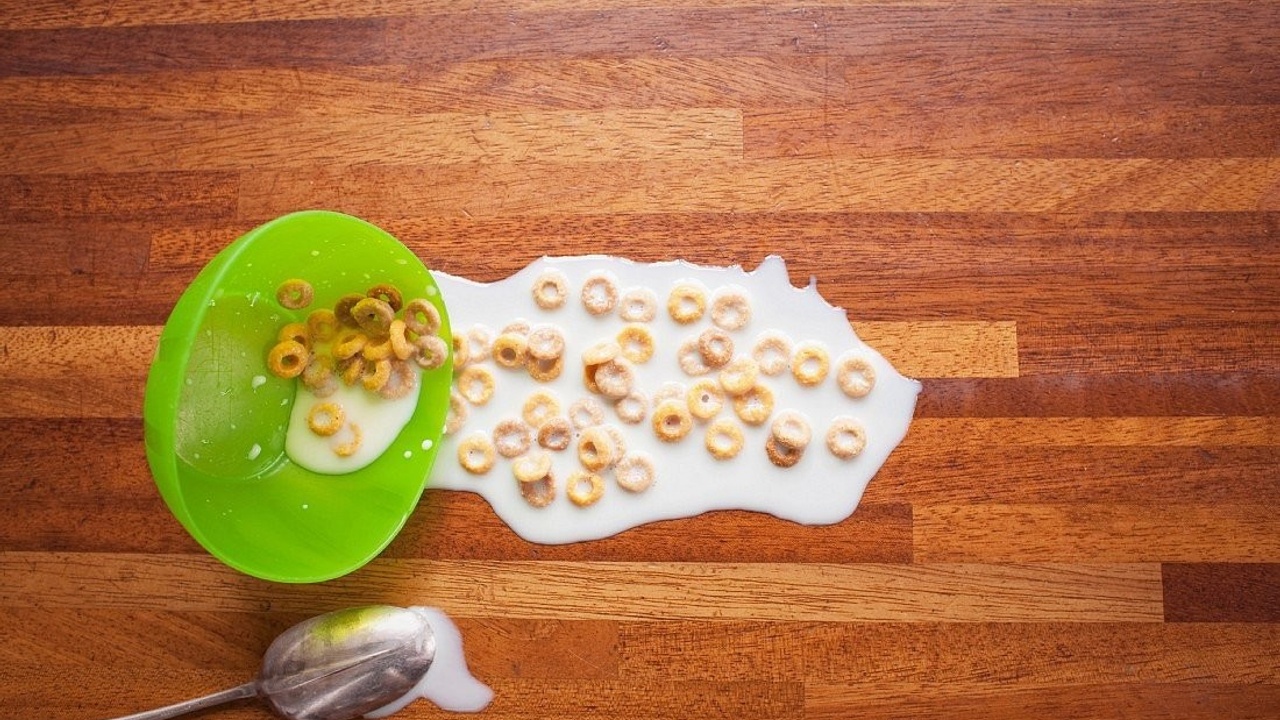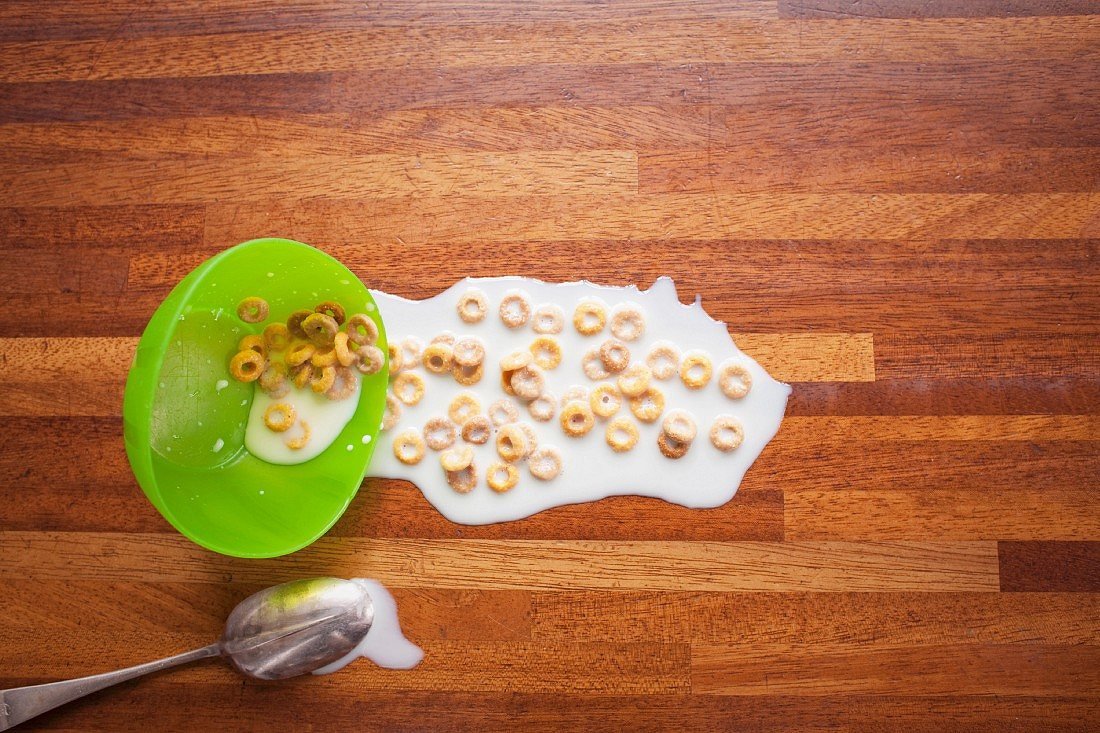How we stopped my PDA son's morning meltdowns
Mar 09, 2022

“Our life is falling apart,” I wrote in my journal.
As the pandemic wore onward, some people were returning to old rhythms of life and connection. We were not.
We couldn’t see our grandparents and family.
We couldn’t join in activities.
We couldn’t host friends at our house or drop by for social visits with them.
We couldn’t attend school.
We did not show up at online church.
We couldn’t cheer as a family at a kiddo’s soccer game.
We didn’t wear socks and shoes outside or a coat when it’s cold.
We didn’t change our clothes.
We didn’t take baths.
We didn’t brush our teeth.
We didn’t eat family meals around the table or insist on tastes or bites.
We didn’t look for teaching opportunities to always be improving.
We didn’t consistently punish and reward the behaviors we did and didn’t want to see.
We didn’t have a masterplan for where we were headed.
Through a casual comment online, I discovered a little-known profile of autism known as Pathological Demand Avoidance (PDA). The first time I read the words “Pathological Demand Avoidance—an anxiety-driven need to remain in control,” I felt my stomach drop. I stayed up way too late absorbing every drop of information I could find. This was real. This had a name. At last.

Over the past 6 months, we had been systematically dropping expectations that were too hard for my sons, especially my kiddo M who seemed to match this PDA profile. Rather than focusing on meltdowns in the moment, we looked backward at what was hard about the day, any signals of “hard” were enough.
Moving slowly.
Complaining.
Pretending to loose the ability to control his legs.
Getting lost in the middle of a task.
Turning into a character who could not do what was asked.
Fussing.
Fighting with brothers.
Throwing things.
Screaming.
Hitting, bitting, breaking, total meltdown.
Our goal was to remove enough barriers that my son could successfully move through his day with what we asked of him. For some kids, that looks like attending school with focus and energy, saying please and thank you, and engaging in conversation at the dinner table. For my son, it looked like watching Youtube and playing tablet games for as many hours as he wanted, eating processed crunchy snacks alone in his room, and requesting water by yelling at the top of his lungs when his water cup ran dry. It looked like talking his own body to the bathroom when the need arose, reading books at bedtime with no mention of teeth brushing, laying prone while we navigated him into a pullup, and falling asleep while snuggled by mom. That was a day he could successfully manage, and we were all overjoyed to discover it. Literally no other expectations were a part of his day.
However, we kept having explosions in the morning around food.
M woke up hungry, grumpy, and unmedicated. He needed food, but was not willing to be served whatever we pleased. He had an idea of what he wanted but struggled to clearly communicate with us. Mouth words were hard; they got stuck inside this sweet young one who wanted desperately to express his needs but could not. He raged and screamed instead, allowing this powerful communication to flow through his body and into the world. I began see the rages as a part of his resilience, his fierce determination to be known. He would not play small in the world. Hallelujah, I whispered.
To ease the challenge of expression, we began to make communication boards for the toughest times of day and the hardest situations for him to talk, especially for ordering his breakfast in the morning. Mornings were always, always hard, so we printed out pictures of his favorite breakfasts and laminated it. (I discovered a boundless passion for laminating.)
M can point, or on days when that’s too hard, he can circle his choice with dry erase marker and throw it at me like a frisbee. He can put a favorite toy on top of his choice and walk away or on days when the menu itself is a demand, we bring out boxes of cereal and place them around him, and he will knock down all but the one he wants, or sometimes knock down only what he wants. Novelty is key to managing the anxiety. Food is then delivered for him to eat on his own, in silence with his tablet, as is his preference. No mouth words required but loads of communication achieved. When my expectations consistently matched my boy’s capacity, and we all celebrated.
Is this the way happy families in movies eat breakfast?
No.
Is this how I imagined it would be to start the day in vibrant connection with my son?
No.
Does it make us happy, give us deep connection, and start our day right?
YES.
Quiz: "Why is everything so hard?"
................
Get your quiz results and discover one concrete next low-demand step toward ease and joy.
Low Demand in your Inbox
Juicy weekly emails include real-life parenting stories, low-demand ideas and tips, plus a collection of my favorite resources. A goodie-box of an email.
We hate SPAM. We will never sell your information, for any reason.

